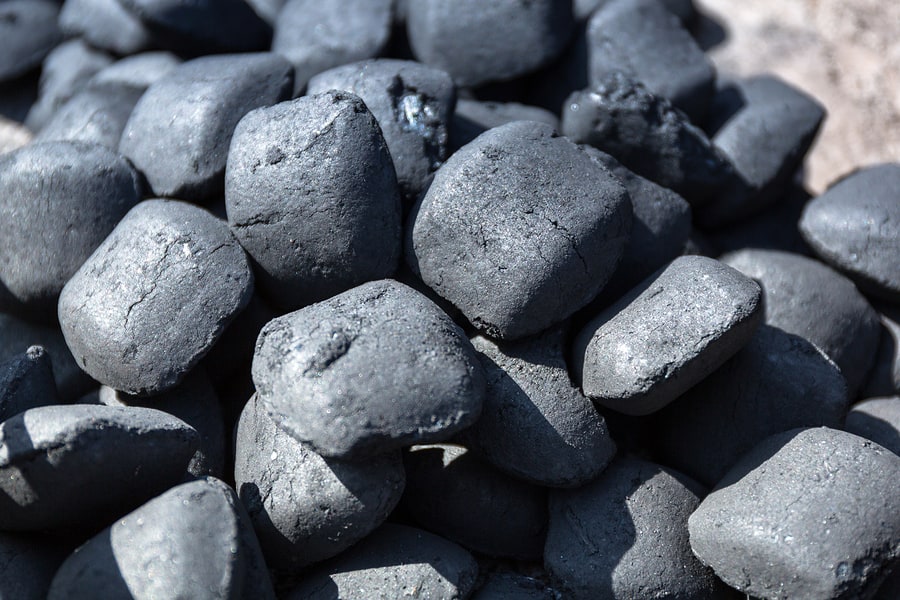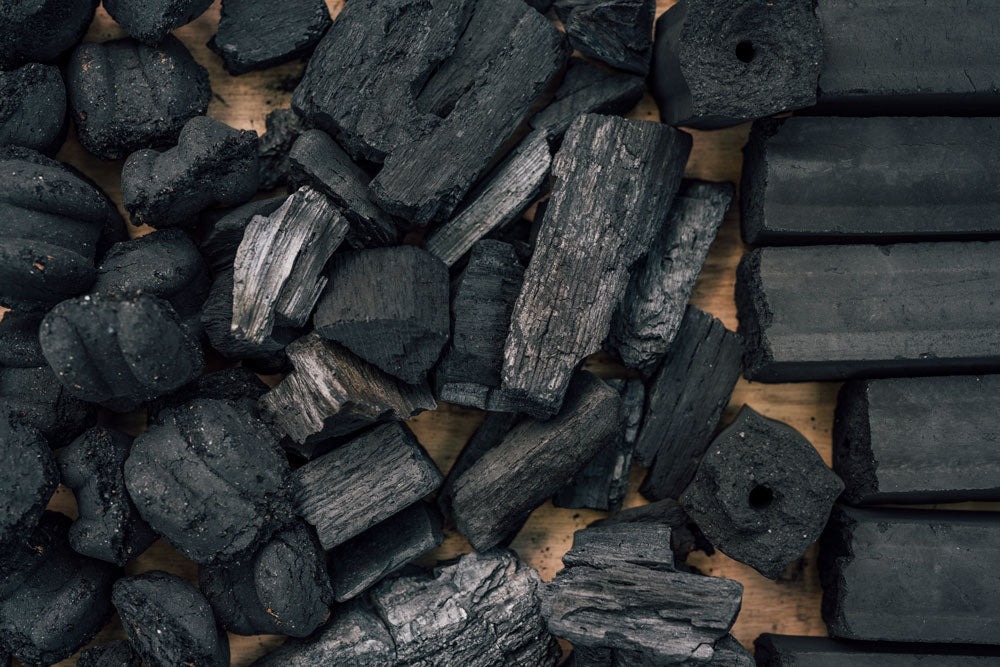Introduction
For centuries, people have relied on charcoal as a reliable source of fuel for both heating and cooking. Its versatility, affordability, and efficiency have made it a household staple across the globe. While modern energy alternatives continue to evolve, charcoal remains one of the most accessible and effective fuels. At Biomass Wood Pellets, we understand the growing demand for sustainable and economical energy solutions. Charcoal offers unique benefits that make it not only practical but also an eco-friendly option when sourced responsibly. In this article, we will explore five key benefits of Charcoal for heating and cooking, showing why it remains a preferred choice for millions of people worldwide.
The Importance of Charcoal in Daily Life
It is a carbon-rich fuel produced by heating wood or other organic matter in low oxygen environments. This process, known as carbonization, results in a clean-burning material that delivers consistent heat. Unlike raw wood, it burns longer, produces less smoke, and is more energy-efficient. Whether for home heating during cold seasons or for grilling and barbecuing, it is valued for its reliable performance.
Benefit 1: Charcoal Provides High Heat Efficiency
One of the greatest advantages of this fuel is its ability to generate high heat with efficiency. It burns at a higher temperature compared to raw wood, making it ideal for cooking foods evenly and quickly. For heating, it delivers consistent warmth without requiring constant refueling. This efficiency is particularly useful in colder climates, where maintaining steady indoor warmth is essential. Furthermore, the concentrated energy it provides allows households and businesses to save money by using less fuel while achieving the same heating or cooking results.
Benefit 2: Charcoal Produces Minimal Smoke
Unlike untreated wood, this fuel produces significantly less smoke during burning. This makes it more suitable for both indoor and outdoor use. Minimal smoke production not only improves air quality but also creates a more enjoyable cooking experience, especially during barbecues or grilling. The reduced smoke also means less risk of soot buildup on cooking equipment or in chimneys. For those who use it indoors for heating, cleaner air translates to healthier living conditions, reducing respiratory irritants caused by smoke particles.
Benefit 3: Charcoal is Cost-Effective and Accessible
This fuel stands out as an affordable option compared to many modern alternatives. Its widespread availability ensures that households in both rural and urban areas can access it without difficulty. Because of its energy-dense nature, a small amount can last longer than raw firewood, making it more economical in the long run. At Biomass Wood Pellets, we emphasize sustainable sourcing, ensuring it remains not only cost-effective but also environmentally responsible. For families looking to cut down on energy expenses while maintaining efficiency, it remains a trusted option.

Benefit 4: Charcoal Enhances Cooking Flavor
One of the most unique qualities of this fuel is the flavor it brings to food. Cooking with it, especially in grilling, imparts a smoky taste that is difficult to replicate with gas or electric alternatives. Many professional chefs and home cooks prefer it because it enhances the natural flavors of meat, vegetables, and baked goods. The steady heat distribution ensures that food is cooked thoroughly without losing its juiciness. This culinary advantage makes it a preferred choice not only for traditional outdoor barbecues but also for restaurants seeking authentic flavor.
Benefit 5: Charcoal Supports Eco-Friendly Energy Practices
When sourced and produced sustainably, this fuel can be an environmentally friendly option. Compared to fossil fuels, it produces fewer greenhouse gas emissions, making it a cleaner energy source. Additionally, modern production methods use waste wood or agricultural byproducts, reducing deforestation and promoting circular economy practices. At Biomass Wood Pellets, we encourage responsible production that balances human energy needs with environmental protection. By choosing sustainably sourced options, users can contribute to reducing their carbon footprint while enjoying efficient heating and cooking.
Charcoal vs Other Fuels
When comparing this fuel with other options such as gas, electricity, or raw wood, its benefits become clearer. Gas and electricity may offer convenience, but they come with higher costs and infrastructure requirements. Raw wood is cheaper upfront but produces more smoke and burns less efficiently. This carbon-rich alternative bridges the gap by offering affordability, efficiency, and a cleaner burn. This makes it an excellent choice for households, restaurants, and industries seeking reliable energy without high costs.
Practical Applications of Charcoal
Its versatility extends beyond household heating and cooking. In many regions, it is used in small businesses, such as bakeries and restaurants, that require consistent and affordable heat. It is also widely applied in traditional medicine, filtration systems, and metallurgy. This adaptability makes it a fuel with a wide range of applications, proving its long-standing importance in both modern and traditional societies.
How to Use Charcoal Safely and Efficiently
While this fuel is an excellent energy source, proper handling is essential for safety. Always ensure proper ventilation when using it indoors to prevent carbon monoxide buildup. Store it in a dry place to maintain efficiency and avoid moisture absorption. Use high-quality options from trusted suppliers like Biomass Wood Pellets to ensure clean and efficient burning. By following safe practices, users can maximize the benefits while minimizing risks.
Conclusion
This fuel has proven its value for centuries as an efficient, reliable, and versatile source of energy. Whether for heating homes in cold seasons or enhancing the flavors of grilled food, it continues to deliver unmatched benefits. Its high heat output, minimal smoke production, affordability, and eco-friendly potential make it an essential choice for both households and businesses. At Biomass Wood Pellets, we are committed to providing sustainably sourced options that meet your energy needs while protecting the environment. Choosing this fuel is not only a smart decision for cost and efficiency but also a step toward a greener future.
We update our homepage regularly with new features and highlights.
FAQs
What makes charcoal better than raw wood for heating?
Charcoal burns hotter and longer than raw wood, producing less smoke and providing more consistent heat. This efficiency makes it better suited for both heating and cooking.
Can charcoal be used indoors for heating?
Yes, charcoal can be used indoors, but proper ventilation is crucial. Without ventilation, carbon monoxide can accumulate, which is dangerous. Always use charcoal in a safe, ventilated environment.
Is charcoal environmentally friendly?
When sourced sustainably, charcoal is more eco-friendly than fossil fuels. Modern production methods that use waste wood or agricultural byproducts make charcoal a greener energy option.
